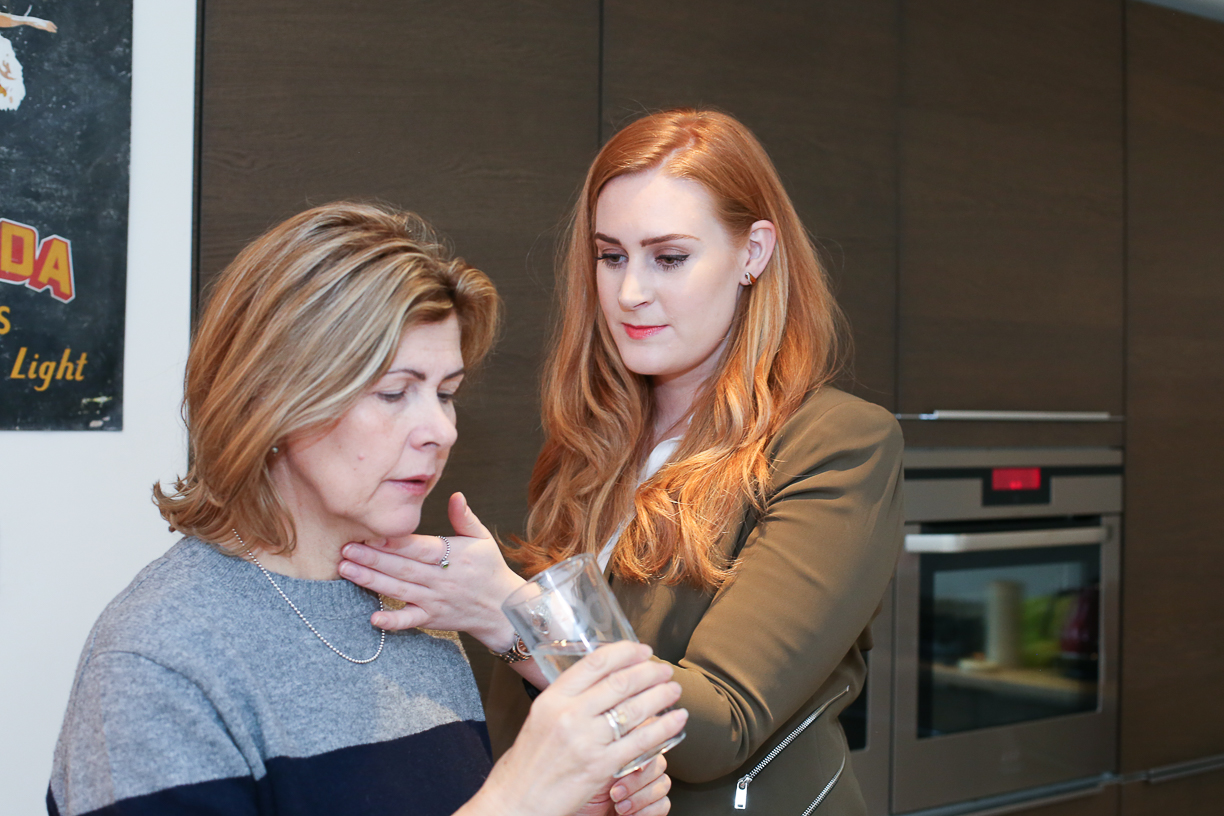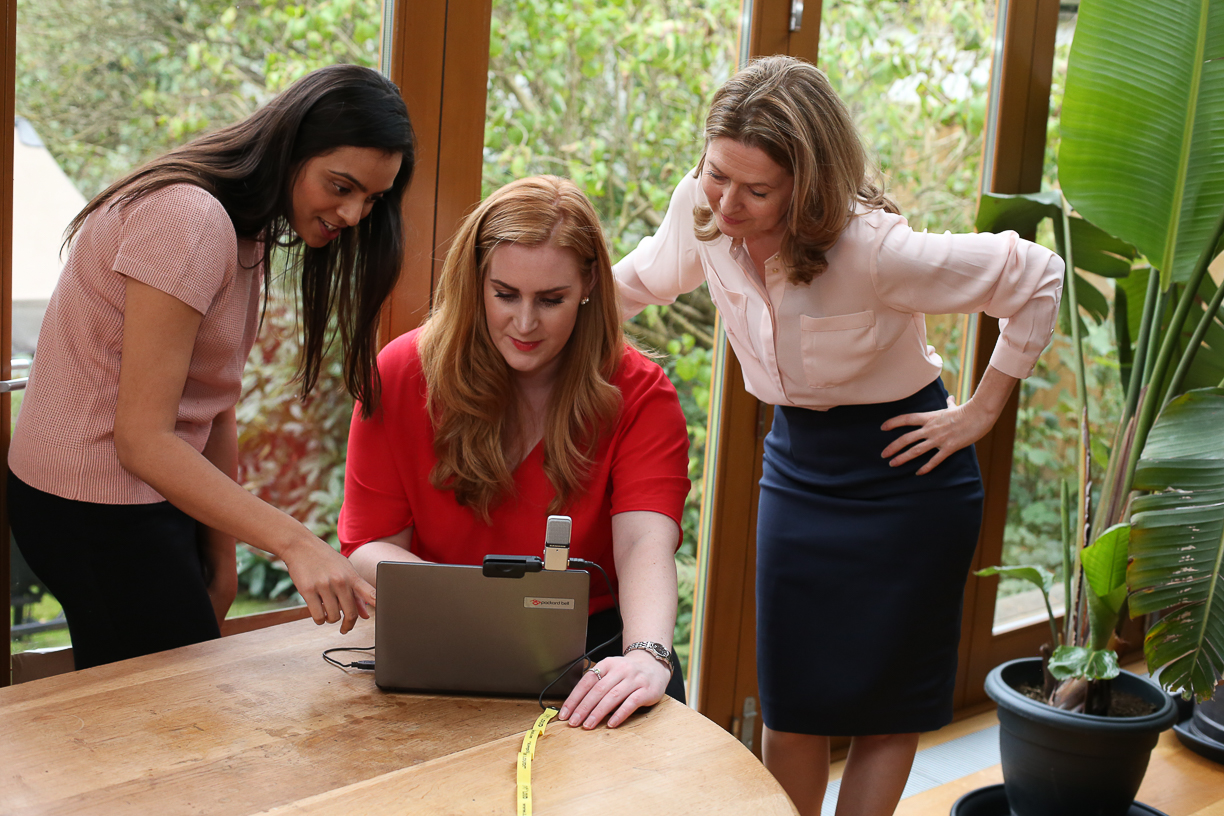The American Academy of Otolaryngology and Head and Neck Surgery definition:
‘Vocal fold (or cord) paresis and paralysis result from abnormal nerve input to the voice box muscles (laryngeal muscles). Paralysis is the total interruption of nerve impulse, resulting in no movement; paresis is the partial interruption of nerve impulse, resulting in weak or abnormal motion of laryngeal muscles.’
The causes of ‘abnormal nerve input’ or damage to the recurrent laryngeal nerve are numerous. The recurrent laryngeal nerve is the specific branch of the nerve which controls all (but one) of the intrinsic laryngeal muscles. Because of the course of the nerve, particularly the left nerve which descends into the chest before reaching the neck, it is susceptible to injury. Any surgery to the neck or chest which takes place near the course of the nerve can result in damage to nerve function. The likeliness of recovery is very much dependent on how badly the nerve has been damaged i.e. bruised or severed completely. Knowing this information can help ENT doctors and Speech and Language Therapists plan treatment. Other reasons for the vocal cords not functioning normally may be neurological (e.g. a tumour in the brain) or idiopathic (no clear cause). It is often the case that the cause cannot be identified, and may be viral.
The main clinical symptom would be of a breathy and changed voice quality. The quality is very much dependent on the extent of damage and the position of the cord which is not mobilising. This symptom can be rather concerning for people because voice is a big part of our character. Aside from voicing, the vocal cords also have a protective function. They come together to build up pressure under the cords to enable strong coughing and they also come together whilst swallowing to close the airway off and protect the lungs from food and drink going the ‘wrong way’. Coughing is an important protective mechanism which can be reflexive or volitional. If the vocal cords do not close the airway sufficiently during swallowing then people may begin to experience difficulty with swallowing. This may include coughing or chestiness. In our experience we have found that the degree of swallowing difficulty is very variable and the severity of the vocal cord dysfunction does not always correlate with the severity of the swallowing difficulty.
Speech and Language Therapists assess, advise and treat people who are experiencing difficulty with their voice and swallowing as a result. There are surgical options however it is always advisable to trial voice therapy exercise first as all surgery carries some risk. In some cases people need to have combination of voice therapy and surgery.
From a voice perspective the impact of a palsy is very much dependent on the individual. For example a singer would be hugely affected by the slightest change in there voice however an individual who lives alone and tends not to communicate verbally may not be so concerned about voice change. At Speakology we prioritise individualising care plans.
A recent case involved a teacher who underwent thyroid surgery which resulted in vocal cord paralysis. A small number of patients undergoing thyroid surgery do experience this complication. One cord was paralysed. Voicing was achievable but breathy and speaking at length was tiring. We agreed with ENT that surgery was not indicated and that vocal cord movement would resume. Voicing was possible because of the resting position of the weak cord however he patient was experiencing voice loss and discomfort in the throat at the end of the day. Through assessment and thorough history taking we identified that the patient was developing a muscle tension dysphonia on top of the organic dysphonia they were experiencing. A detailed therapy package was put in place which worked on easy voicing as well as vocal cord adduction (the cords coming together). The patient made a full recovery approximately nine months later.
We have experienced a great deal of success with this client group through close working with ENT colleagues. Contact us to find out more about voice therapy.


 Ultimately, by working together, we create a tailored treatment programme to help you achieve the best outcome possible, through which we are there every step of the way.
Ultimately, by working together, we create a tailored treatment programme to help you achieve the best outcome possible, through which we are there every step of the way.

